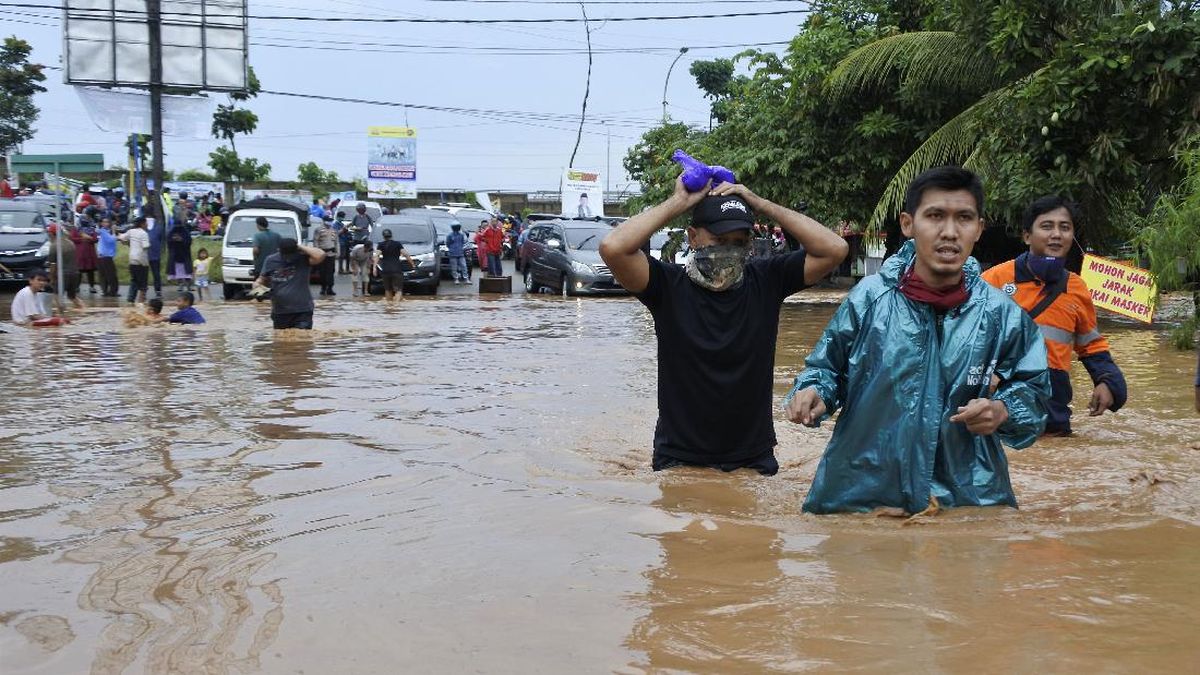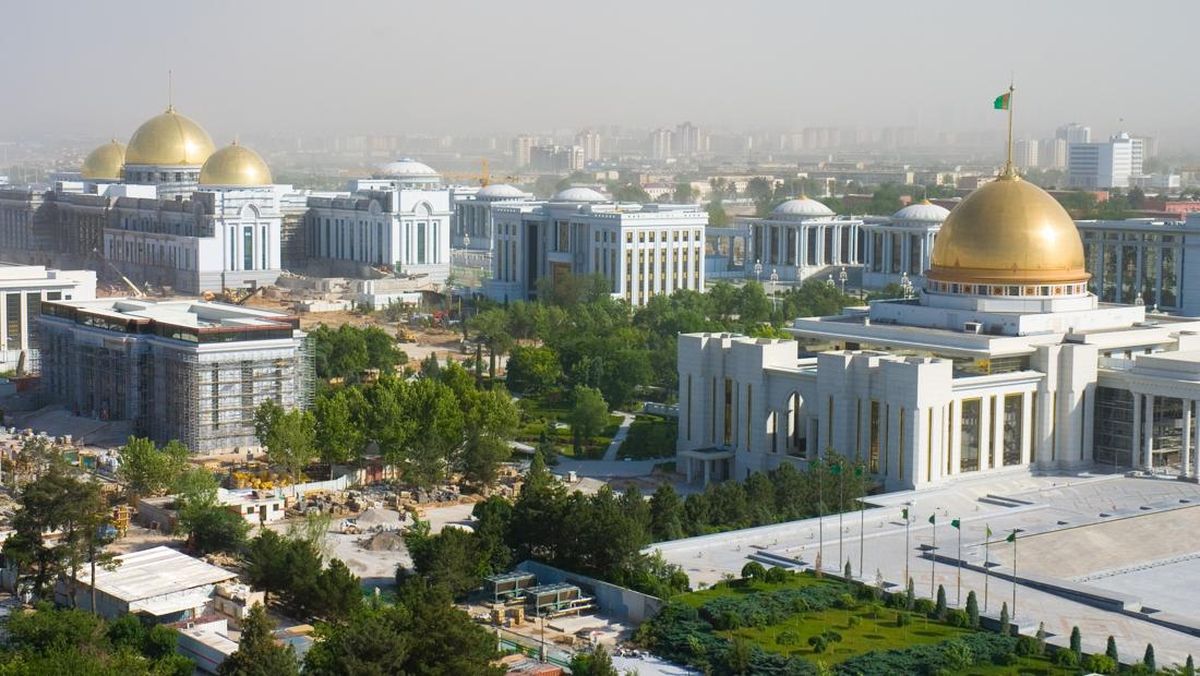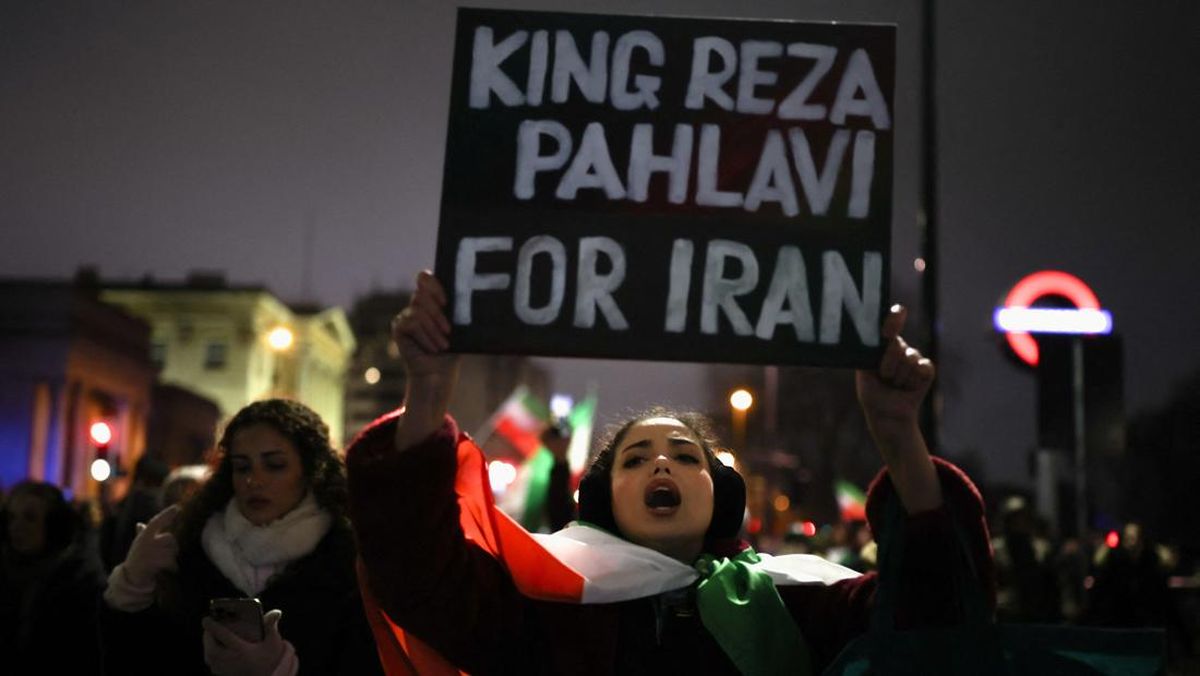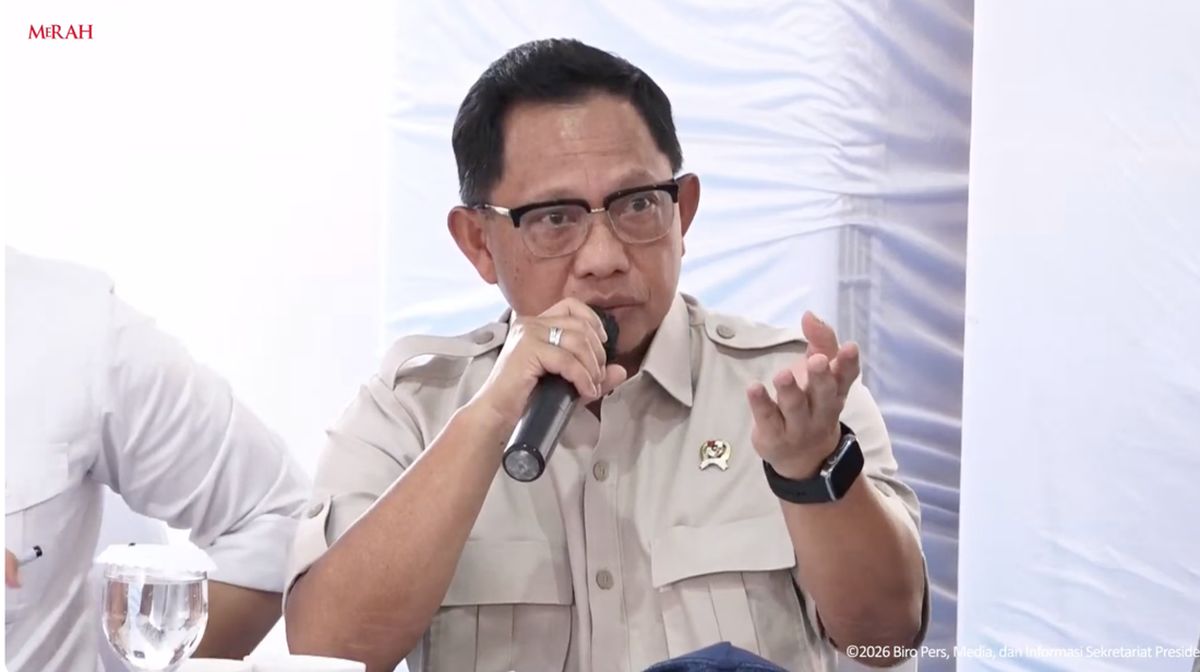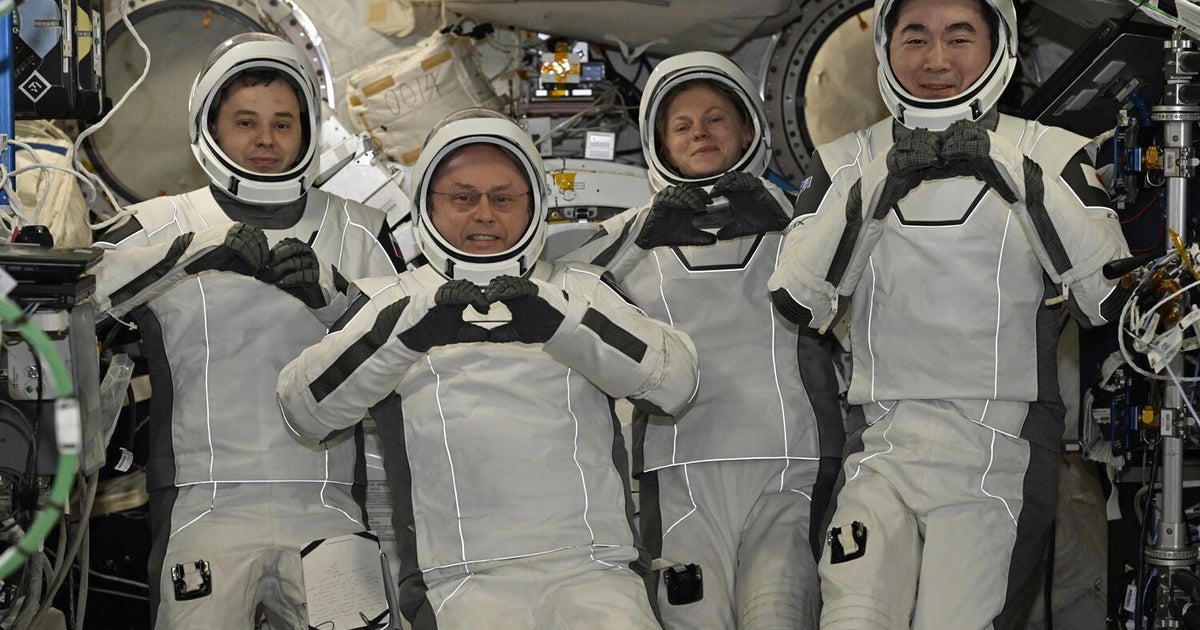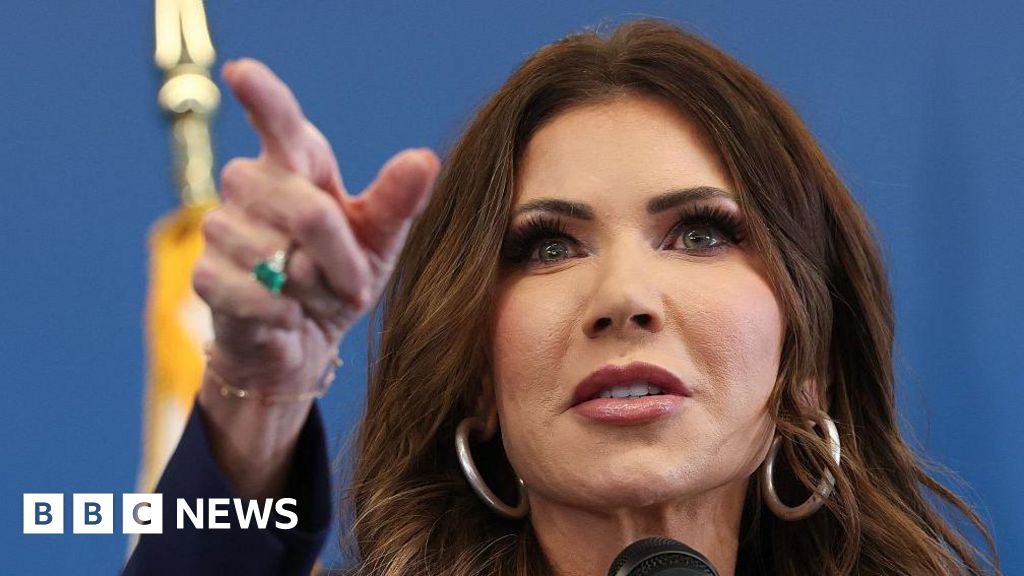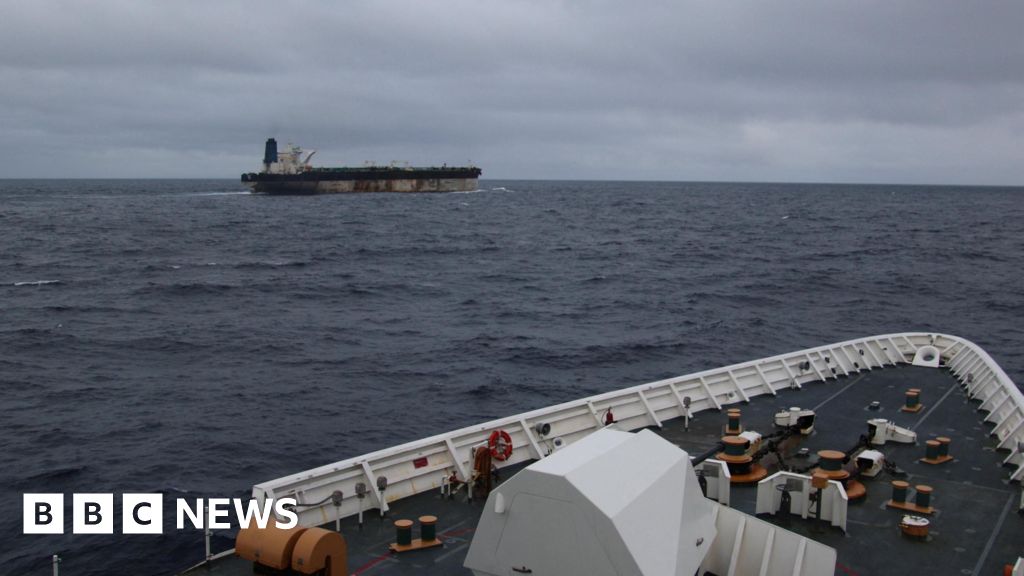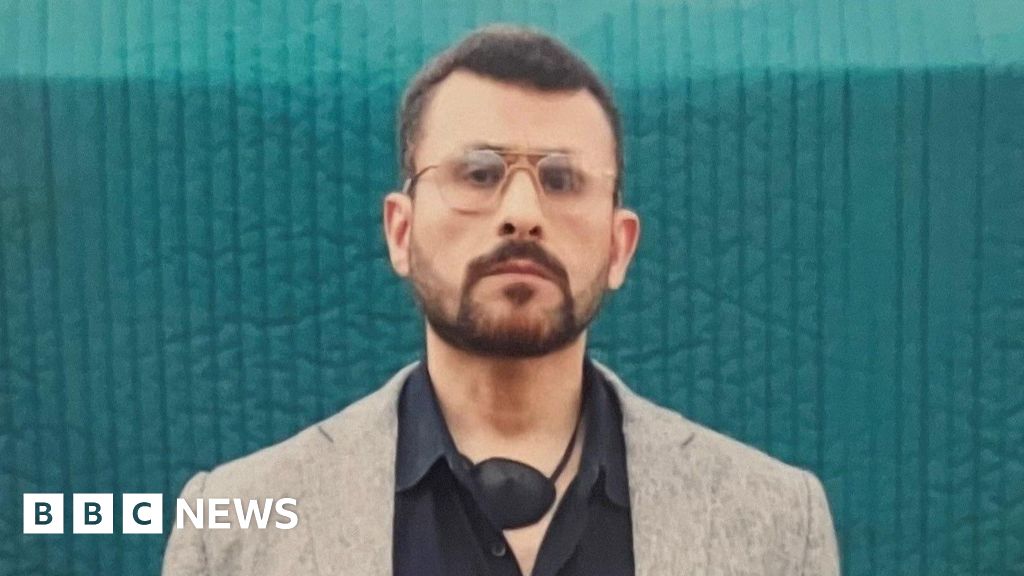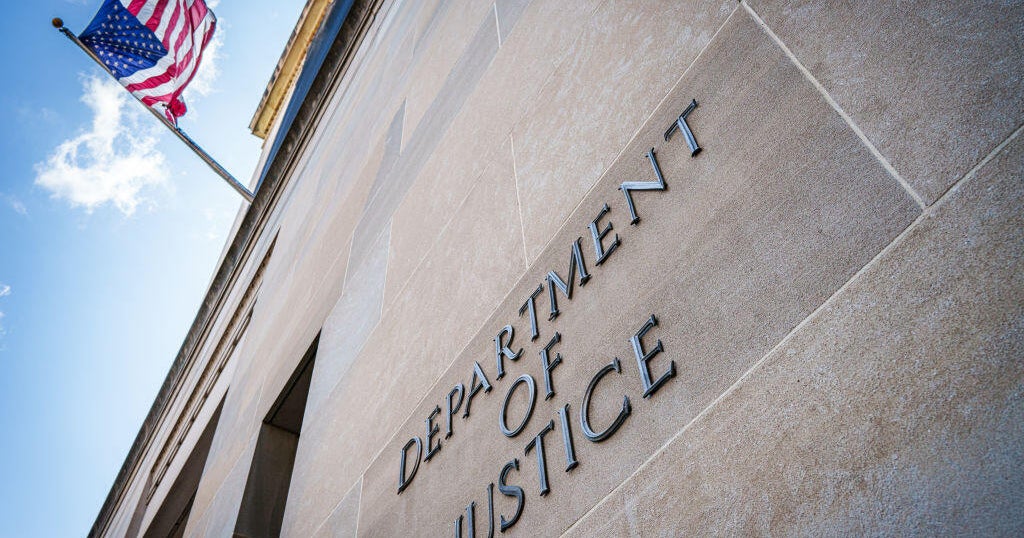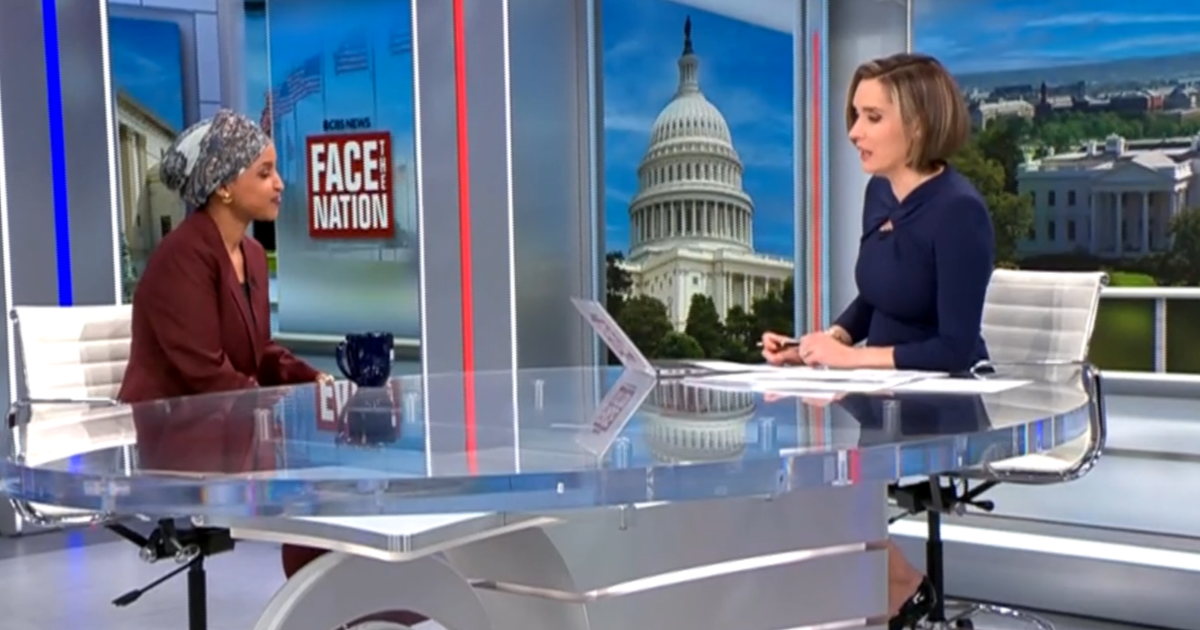Opinion
September 18, 2025 — 2.29pm
September 18, 2025 — 2.29pm
Friday was meant to be a historic day – the signing of the country’s largest-ever cash takeover. Instead, the minutes-to-midnight withdrawal of the giant Emirati buyer for oil and gas producer Santos will join the history books as an unnatural disaster.
The finale to this saga has left a trail of unhappy campers, a bitter aftertaste for all involved, and plenty of questions to be answered.

The $30 billion Santos takeover has been scrapped at the last minute.Credit: Fairfax Media
Now we have entered the blame game period.
First there is the bidder, a consortium led by the Abu Dhabi National Oil Company, which despite putting on a happy front is privately seething about the conduct of Santos and its takeover path, which it found littered with hidden improvised explosive devices.
ADNOC had already cleared the number-one hurdle of offering a generous price for Santos shares.
Then there is the Santos board, which will now be under enormous pressure, having been wooed by three suitors over recent years but unable to consummate a deal.
The finale to this saga has left a trail of unhappy campers, a bitter aftertaste for all involved, and plenty of questions to be answered.
That said, Santos isn’t a company playing hard to get. Instead, it has been hawking itself around looking for a bidder to stump up a sufficiently attractive price.
The Emiratis jumped over the price hurdle, but stumbled after looking under the Santos hood.
ADNOC twice sought extensions to due diligence deadlines, but didn’t attempt to renegotiate the price.
Loading
This can be seen in two ways – either the suitor was finding excuses to play for time, or there were previous hidden issues inside the bowels of Santos’ accounts that were concerning ADNOC.
But the Emiratis clearly wanted a deal to be signed. The bidders group even flew a bunch of journalists over to Abu Dhabi earlier this week to do interviews with the head of the consortium in a curtain raiser to Friday’s announcement.
It would have been extremely embarrassing for ADNOC to announce its withdrawal from the process only hours after the journalists had landed back in Australia.
So what occurred over that 72-hour period that torched the deal?
That depends on whose version of events one believes.
What can be said for certain is that Santos chairman Keith Spence sent a letter to the Emiratis – one that proved to be the tipping point, or stumbling block.
(Strangely enough, ADNOC won’t confirm even the existence of this letter, let alone its contents).
The Santos version is that the letter made two demands – the first being that the binding offer be finalised by Friday’s deadline, and the second that it contain commitments around supply of gas to the Australian domestic market.
ADNOC said in its public statements that it was on board with satisfying commitments to supply Australians with the gas it needs and enhance regional energy security.

Sultan Ahmed Al Jaber is the chief executive of the Abu Dhabi National Oil Company, known as Adnoc, and executive chairman of the consortium bidding for Santos.Credit: Bloomberg
The suggestion from the ADNOC side is that the letter (which may or may not exist) contained information about a $200 million tax liability from the PNG government that the buyer would need to pay.
But in a $30 billion deal, a tax liability of this size shouldn’t be germane.
Perhaps this additional information wasn’t so much a dealbreaker but the straw that broke the camel’s back.
That brings us to Santos’ shareholders, who would be deeply disappointed that they won’t get their hands on the generous cash that had been on offer from the Emiratis.
In turn, this will put pressure on the Santos board and chief executive Kevin Gallagher, and there will be calls from some quarters for an overhaul or a refresh.
Contrary to my earlier statement, there will be one stakeholder in this corporate debacle breathing a sigh of relief – Federal Treasurer Jim Chalmers.
For Chalmers, approving this deal would have been a tough and fraught decision.
Because the bidders were in effect a sovereign country, allowing the Emiratis to acquire critical energy infrastructure would’ve attracted noisy opposition arguing it wasn’t in Australia’s national interest.
Kerry Stokes, the billionaire owner of Beach Energy, was leading that charge.
Loading
But a review by Chalmers could have opened the opportunity to include conditions in the deal that sealed a better flow of LNG to the domestic market.
It is all academic now. The offer has disappeared, the Santos share price has fallen more than 11 per cent in a day, and its board will need to answer to shareholders on why this generous offer has disappeared.
The Business Briefing newsletter delivers major stories, exclusive coverage and expert opinion. Sign up to get it every weekday morning.
Most Viewed in Business
Loading

